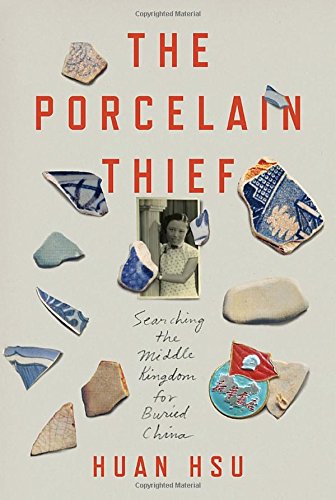

Most ebook files are in PDF format, so you can easily read them using various software such as Foxit Reader or directly on the Google Chrome browser.
Some ebook files are released by publishers in other formats such as .awz, .mobi, .epub, .fb2, etc. You may need to install specific software to read these formats on mobile/PC, such as Calibre.
Please read the tutorial at this link: https://ebookbell.com/faq
We offer FREE conversion to the popular formats you request; however, this may take some time. Therefore, right after payment, please email us, and we will try to provide the service as quickly as possible.
For some exceptional file formats or broken links (if any), please refrain from opening any disputes. Instead, email us first, and we will try to assist within a maximum of 6 hours.
EbookBell Team

5.0
18 reviewsA journalist travels throughout mainland China and Taiwan in search of his family’s hidden treasure and comes to understand his ancestry as he never has before.
In 1938, when the Japanese arrived in Huan Hsu’s great-great-grandfather Liu’s Yangtze River hometown of Xingang, Liu was forced to bury his valuables, including a vast collection of prized antique porcelain, and undertake a decades-long trek that would splinter the family over thousands of miles. Many years and upheavals later, Hsu, raised in Salt Lake City and armed only with curiosity, moves to China to work in his uncle’s semiconductor chip business. Once there, a conversation with his grandmother, his last living link to dynastic China, ignites a desire to learn more about not only his lost ancestral heirlooms but also porcelain itself. Mastering the language enough to venture into the countryside, Hsu sets out to separate the layers of fact and fiction that have obscured both China and his heritage and finally complete his family’s long march back home.
Melding memoir, travelogue, and social and political history, The Porcelain Thief offers an intimate and unforgettable way to understand the complicated events that have defined China over the past two hundred years and provides a revealing, lively perspective on contemporary Chinese society from the point of view of a Chinese American coming to terms with his hyphenated identity.